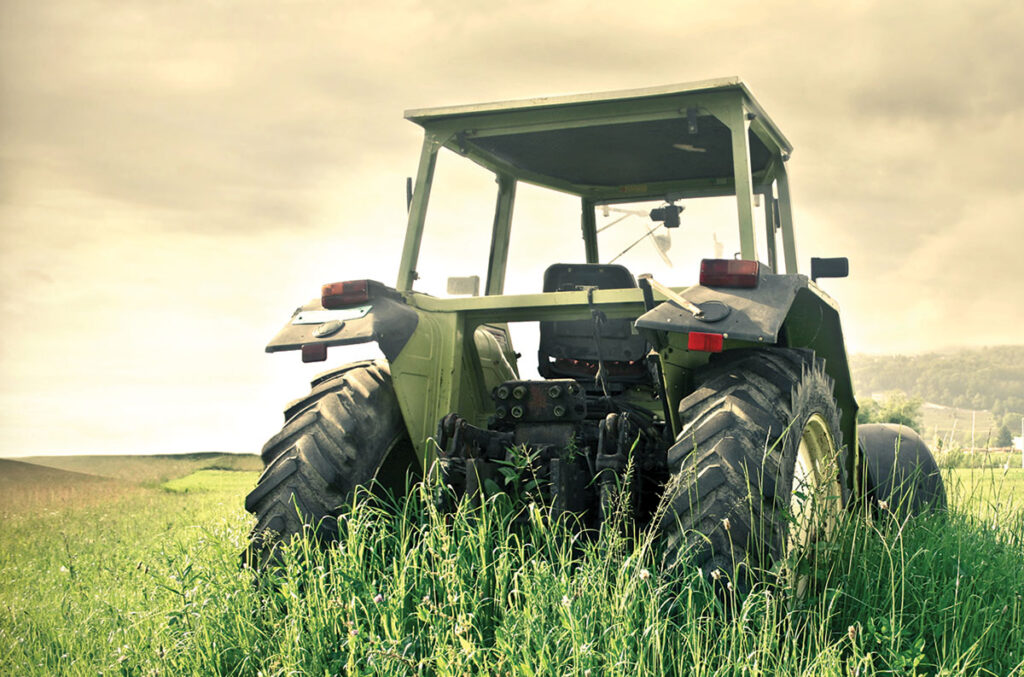
Deciding when to replace farm vehicles and equipment
Agricultural economists advise producers to closely evaluate their goals, cash flow and income tax implications when determining whether to purchase new farm vehicles or equipment. “The right time really depends on your particular situation, and the financial health of your farm,” Courtney Bir, Ph.D., assistant professor with Oklahoma State University’s Department of Agricultural Economics, said.
Repair or Replace? Finding the balance between the cost of replacement versus the cost of repairs and maintenance can be tricky. This is an area where excellent record keeping can help guide producers through the process.
“Keeping good financial records, including the costs and frequency of repairs, can help you make the decision to replace,” Bir added.
Additionally, determining whether to buy new or fix the old depends on producers’ approach to the matter.
“Some people would rather have the payment and not be worried about any breakdowns,” Wesley Tucker, agricultural business specialist with the University of Missouri Extension, said. “Whereas other people who are a little more mechanically inclined are more adept at repairing and keeping equipment going and can get more useful life out of them than others can.”
Extension business specialists recommend producers ask themselves if the purchase is something they need or something they want. Taking a hard look at the future implications of the expenditure will help producers determine what is the best decision for their operation overall. “You have to sit down and think about and analyze those purchases and decide if it is the right thing or not as far as the long term,” Tucker explained.
Income Tax Impact: Income tax consequences are another factor to consider when deciding whether to buy new farm machinery, equipment, or vehicles. Many producers choose to make a purchase at the end of the year if they are going to have to pay income taxes. However, agricultural economists encourage farmers to think about the financial impact a purchase will have over time.
“I always say you have to really assess whether that new purchase is going to improve your operation long term, whether it is going to add to the profitability of the operation or whether it is simply going to save a few dollars in income taxes,” Tucker stated.
Tucker recommends producers consult with their tax professionals to determine how the purchase will impact their taxes and profitability. Likewise, producers preparing and filing their own taxes will want to analyze whether the new piece of equipment truly adds to their farm’s profitability or if it is a long-term financial drain.
Depreciation Dilemma: Producers take different approaches regarding the depreciation of their purchases. While many will keep utilizing and repairing equipment long after it has run its course of depreciation, others prefer the convenience of newer equipment.
Regardless of depreciation strategy, whenever producers make a new purchase, they will want to carefully consider how they write-off the depreciation on their taxes.
“Depreciation from an income tax standpoint is set up to be depreciated over the useful life of the piece of machinery,” Tucker explained. “Some people make the purchase then write off all that depreciation in the first year or two, section 179 is where they can write off as much in the first year as they want; they get a huge benefit for this at first, but then they don’t have the deductions in the future years.”
When determining whether to spend money on big ticket items producers will want to assess their cash flow, needs and goals while keeping in mind the long-term profitability of the operation.






